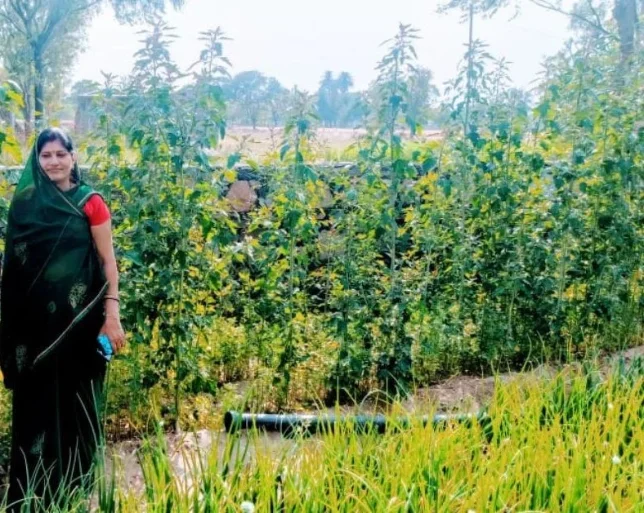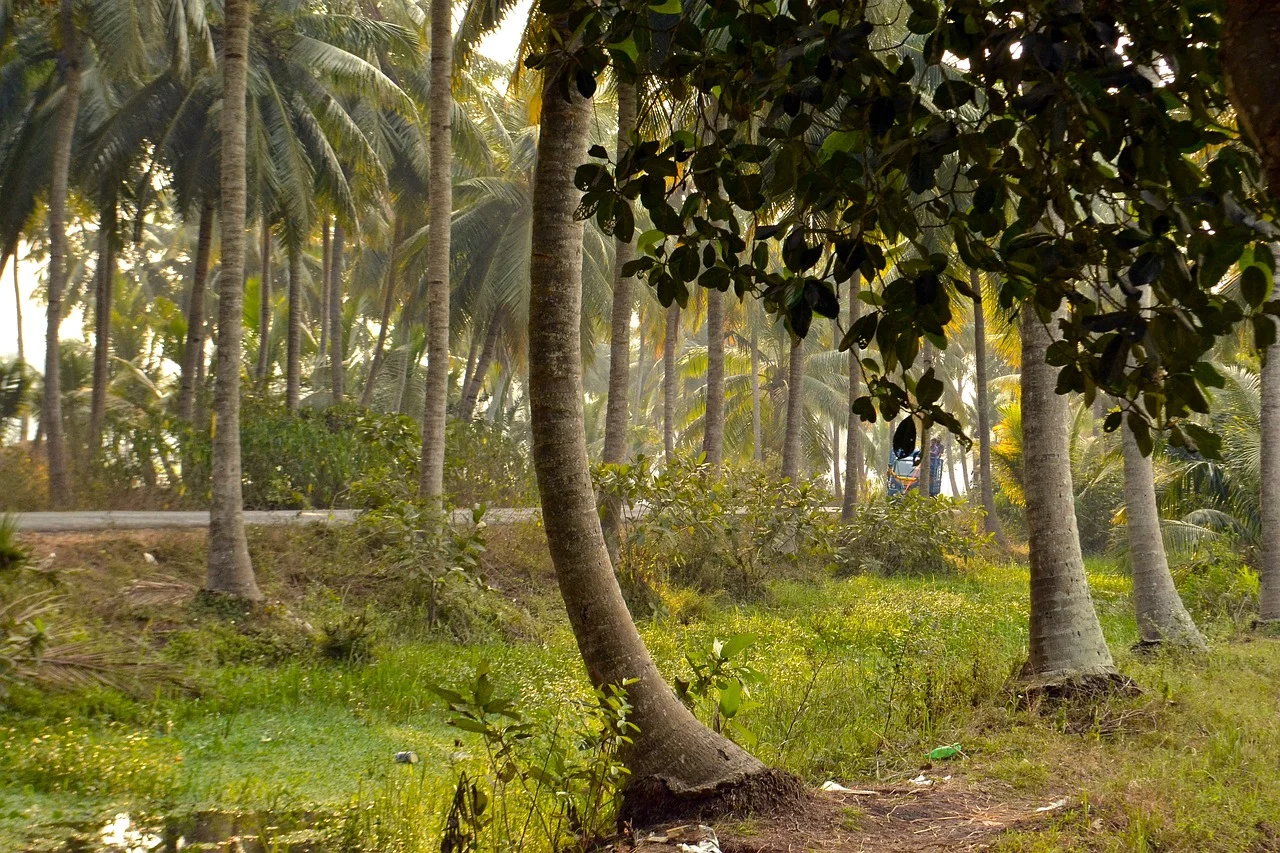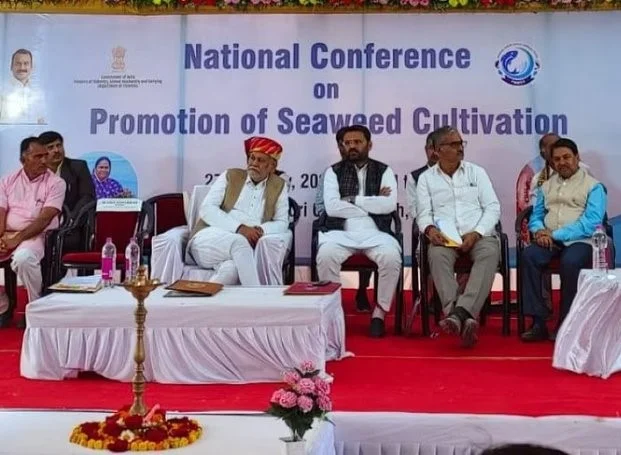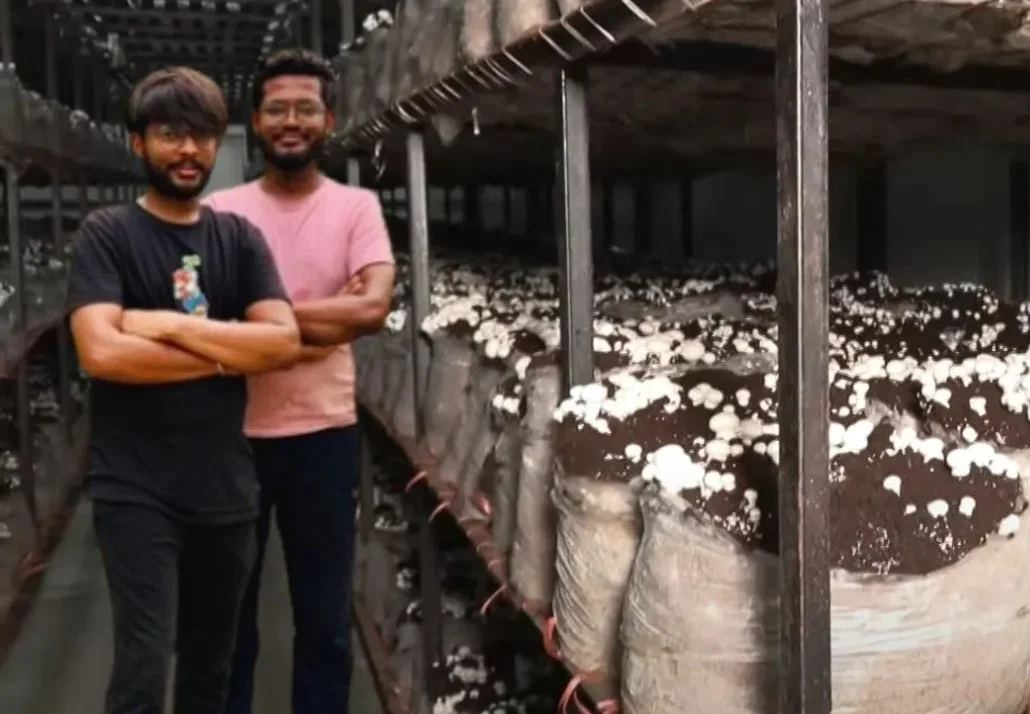Growing up with five siblings and a widowed mother, Rubi Pareek faced numerous challenges in her early years. Her father passed away when she was just one year old, leaving the family in a difficult financial situation. They often couldn’t afford vegetables, relying instead on plain chapatis and chutneys for meals.
Reflecting on her family’s struggles, Rubi shares, “We owned 150 bigha of land, but we had to sell most of it along with our savings to cover my father’s medical expenses. We learned that pesticides in vegetables could contribute to life-threatening diseases like cancer.”
“After my father passed away, we faced extreme financial difficulties. In our conservative community, women weren’t encouraged to work outside the home. So, my mother single-handedly raised her five children with whatever little savings we had left,” explains the 39-year-old.
Despite the financial challenges, living in Dausa, she couldn’t continue her studies beyond class 10. At 20, she entered into marriage with a family involved in agriculture, where she discovered a newfound sense of empowerment. Moreover, she played a key role in transforming about 26 acres of land into a successful organic farm.
“In 2006,” recalls Rubi, “a team from the local Krishi Vigyan Kendra (KVK) organized a workshop right on our family farm, focusing on different wheat varieties.” Intrigued, she inquired if there were alternatives to chemical-based farming.

“I always pondered why diseases like cancer were on the rise,” she shares. “The officials were surprised that a woman in the crowd raised such a question.” They elaborated on the benefits of organic farming, emphasizing its nutritional value for both humans and soil health.
Also Read: Retiree Makes Rs 35 Lakh/Year from his Innovative Fruit & Cacao Farm
Following this, Rubi participated in a three-day training program at KVK, delving into the intricacies of organic farming. It marked a pivotal moment for her family’s income.
For years, the family had been farming wheat and mustard using chemical fertilizers and pesticides, which harmed the fertility of their soil. Without proper understanding, they continued using these chemicals, which ended up harming their crop yield instead of improving it.
Rubi clarifies, “Using chemical fertilizers and pesticides has damaged the quality of our soil. It became harder to till the soil because of decreased porosity and aeration. On the other hand, organic fertilizers improve soil porosity, which helps the crop’s root growth.”
Organic farming not only improved the health of the soil but also helped the family save a lot on expensive chemical inputs. “Instead of using urea, DAP, and other chemicals, we rely solely on cow dung and vermicompost. This change has cut our input costs by half,” Rubi explains. “Moreover, selling organic produce at double the price due to high demand has doubled our profits.” Rubi now earns Rs 1 lakh per bigha of land.

However, transitioning to organic farming wasn’t without its challenges. Coming from a traditional background, Rubi faced skepticism about her abilities. “When I proposed trying organic farming to my in-laws, they laughed at me,” she remembers. “My father-in-law questioned the effectiveness of my ideas.”
With her husband’s encouragement, Rubi embarked on her experiment with one bigha of land. Unfortunately, the initial 2-3 years didn’t yield good results. “In the beginning, our harvest was quite low,” she recalls. “From one bigha, we used to harvest 12 quintals of wheat with chemicals, but with organic fertilizers, we only managed around eight quintals.”
Also Read: Kerala couple builds an Eco-Friendly Mud House and Food Forest
Despite the initial setbacks, Rubi persisted with organic farming, using composts like jeevamrut, cow dung, and vermicompost. “I knew it would take time for the soil to recover,” she explains.
After four years of hard work, Rubi’s efforts paid off, and she began to see better yields, doubling her income. Today, she has successfully transformed the entire 26-acre family farm into a profitable organic venture.
Besides wheat and mustard, Rubi cultivates a variety of vegetables and fruits like amla (gooseberry), papaya, and lemon. To support this, the couple has established a seed bank containing 50 types of indigenous vegetable seeds, including okra, cowpeas, bottle gourd, bitter gourd, and chilies.
Rubi’s husband, Om Prakash, explains their innovative approach, “We’ve devised a three-layer system for growing vegetables to optimize space on the farm. We plant lemon and karonda on the outer layer. Beneath them, we grow shorter plants like aloe vera, benefiting from the shade. In the third layer, we have tall trees such as papaya, bel, and amla.”
“In one area, we’ve planted three types of crops to demonstrate to farmers how they can increase their income from the same plot of land,” adds the 47-year-old. “More produce at lower costs means higher profits.”
Throughout the years, Rubi has trained over 15,000 farmers and agricultural students from all over Rajasthan, without charging them a fee, assisting them in transitioning to organic farming. To aid these farmers in selling their organic goods, she established a farmer-producer organization called Khatwa Kisan Jaivik Producer Company. Presently, this organization includes a network of around 15,000 farmers. The couple supports them in marketing their produce to officials in districts such as Dausa, Jaipur, Madhopur, and Gangapur.

For her dedicated efforts in promoting organic farming, Rubi received recognition from NABARD in 2008 and, more recently, the Jaivik India Awards 2023 from the International Competence Centre for Organic Agriculture.
Om Prakash, Rubi’s husband, expresses great pride in her accomplishments, stating, “A family’s strength lies in the empowerment of its women. I’m proud that my wife not only made our family’s land profitable but also helped thousands of other farmers.”
Rubi, on the other hand, feels a sense of fulfillment in establishing her own identity. “I always dreamed of working in a field where nobody in my family falls ill due to chemically treated food. But I often questioned what a woman with only a 10th-grade education could achieve in today’s world,” she reflects. “Organic farming has given me a purpose to contribute to creating a healthy society.”









